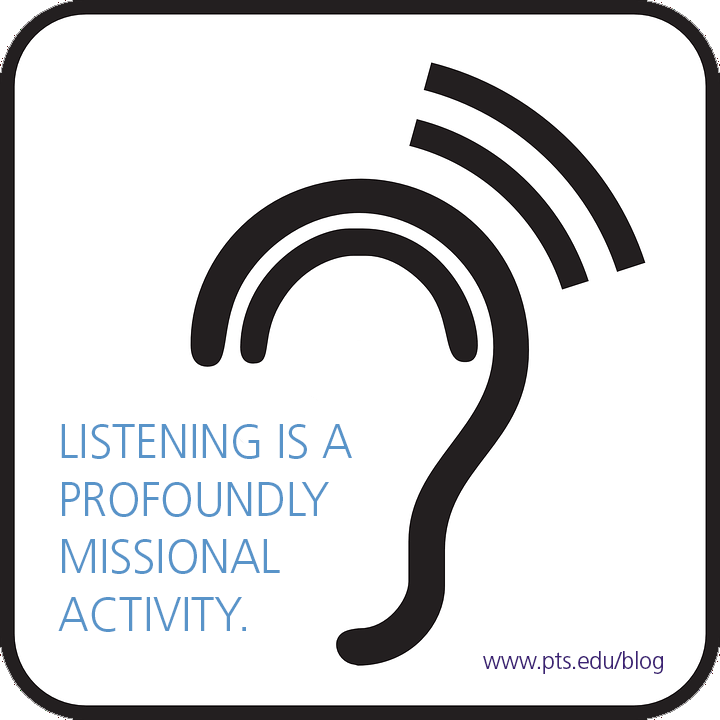Last fall the Pittsburgh “Latte Art Throwdown” was held in my neighborhood. Baristas from coffee shops all around the city gathered to compete with one another in creating elaborate latte designs on demand. The organizer called baristas forward, rolled a die with different latte-art designs, and then invited the barista to make the design with a single shot of espresso and steamed milk. I’ll admit I went because the sign said “free lattes,” but I stayed because the social scientist in me wouldn’t let me go. An entire city sub-culture emerged within this small, crowded coffee shop. It wasn’t just the disproportionate number of mustaches and beards, tattoos, piercings, and skinny jeans; it was the fact that so many in the room seemed to know one another. It was like I had stumbled into a chapter of the Pittsburgh Barista Association and then given a free latte and dessert.
I watched and listened to the conversation around me buzzing with hopes and dreams. I began asking questions. I learned that the man on the sidewalk selling tacos under a tent recently moved from another city and hopes to build a client base and open a restaurant. His vision is sustained by a secret family recipe and a carefully-plotted strategy. Later on, I listened to the owner of the coffee shop counsel a young entrepreneur who plans to open a café in the next couple months. She offered not only advice, but resources like plates and cups to aid with the start up. At one point in the evening, I asked someone about the origins of the “throwdown,” and I received an impassioned plea for community and the important role that the neighborhood coffee shop plays in building such community. It was an education. And great fun.
It was only after I got home, however, that I realized how little I talked throughout the evening. I was, of course, a stranger at the margins of the gathering. However, I found many people more than willing to tell me about themselves, about their event, about their entrepreneurial plans. As I listened, I not only learned a lot about one part of my community, I also discovered a place at an event where I clearly did not belong (insert obligatory Sesame Street song here). Listening, especially when we are operating at the margins, provides a place or a standpoint within a community. Listening connects us.
We often don’t think of listening as a form of social action or agency. It is not a medium for us to offer our ideas or to change people’s minds. It is not a way for us to be memorable or to change our world. But changing people’s minds and shaping our world might not be the immediate thing God has for us. Perhaps it is to learn to listen.
Several years ago, Nancy Ammerman wrote a book called Congregation & Community, where she studies congregations in changing neighborhoods. After studying more than 20 congregations, she concludes that congregational health is linked to its ability to connect with the spiritual energies of a neighborhood. Ammerman’s book was published as the “missional church” literature began to take off, and seems to agree with the many models available to help churches become ‘outwardly focused’ and activistic regarding justice or evangelism. Most of the time, we equate ‘missional’ with studying a neighborhood so we know how to engage it. However, I wonder if much of our missional activism misunderstands the basic requirement of cultivating relationships, of what James Davison Hunter calls “faithful presence.” I would amend Ammerman’s argument to say that congregations need to learn how to join their neighborhood as a people of shalom. This is true especially if our neighborhood starts to look and feel different from what it used to be, and we feel like we are at the margins of someone else’s party. The first thing we need to do is find the free lattes and turn up our hearing aid. Learning to listen is a profoundly missional activity. Ask questions, and listen . . . we just might get in on the party.
Dr. Scott Hagley is associate professor of missiology and also works with the Seminary’s Church Planting Initiative and teaches in the MDiv Church Planting Emphasis program as well as the new Church Planting and Revitalization certificate program. He previously served as director of education at Forge Canada in Surrey, British Columbia, where he worked to develop curriculum for the formation of missional leaders in hubs across Canada.


Thanks for the marvelous posting! I really enjoyed reading this informative and creative content. I have bookmarked this and wants to share it with others. Very insightful blog.